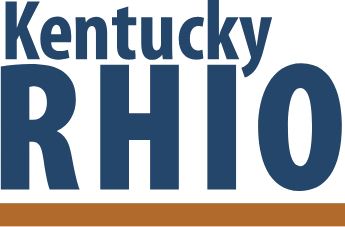Is your office CMS emergency prepared?
In 2015 extreme weather cost the U.S. economy more than $10 billion. In 2016 this trend continued with massive snowstorms, flooding, earthquakes, forest fires, tornadoes, and hurricanes across the country. More than ever, business owners should be aware of the financial necessity of preparing their business for the unexpected.
The rise and potential risks of bad weather disasters has prompted the Centers for Medicare and Medicaid Services (CMS) to issue the following rules:
• To established consistent emergency preparedness requirements for healthcare providers participating in Medicare and Medicaid;
• To increase patient safety during emergencies; and
• To establish a more coordinated response to natural and man-made disasters.
The official implementation date of the Emergency Preparedness rule is November 16, 2017. Healthcare providers and suppliers affected by this ruling that do not comply, will not be paid by Medicare. The rule requires them to meet the following four common and well-known best practice standards:
1. Emergency plan: Based on a risk assessment, develop an emergency plan using an all-hazards approach focusing on capacities and capabilities that are critical to preparedness for a full spectrum of emergencies or disasters specific to the location of a provider or supplier.
2. Policies and procedures: Develop and implement policies and procedures based on the plan and risk assessment.
3. Communication plan: Develop and maintain a communication plan that complies with both federal and state laws. Patient care must be well coordinated within the facility, across healthcare providers, and with state and local public health departments and emergency systems.
4. Training and testing program: Develop and maintain training and testing programs, including initial and annual trainings, and conduct drills and exercises or participate in an actual incident that tests the plan.
Even if your business is not required to administer the Emergency Preparedness Rule, here are four actions that you should take in order to protect your business if there was a natural disaster:
• Create a disaster preparedness plan.
• Test the disaster preparedness plan.
• Emphasize communication and offer the ability to work remotely.
• Leverage the cloud.
Don’t let your office get caught in the eye of the storm! Call NeKY RHIO to help you implement your emergency preparedness program today at 855-385-2089.
